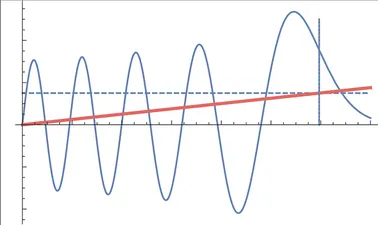
Quantum Mechanics: A First Course 
This course provides an introduction to the fundamentals of quantum mechanics. Students will learn about de Broglie waves, the wavefunction, probability interpretation, the Schrodinger equation, inner products, Hermitian operators, and the Heisenberg uncertainty principle. Through this course, students will gain a better understanding of the principles of quantum mechanics. ▼
ADVERTISEMENT
Course Feature
![]() Cost:
Cost:
Free
![]() Provider:
Provider:
ThaiMOOC
![]() Certificate:
Certificate:
No Information
![]() Language:
Language:
English
![]() Start Date:
Start Date:
17th Sep, 2020
Course Overview
❗The content presented here is sourced directly from ThaiMOOC platform. For comprehensive course details, including enrollment information, simply click on the 'Go to class' link on our website.
Updated in [March 06th, 2023]
This course, Quantum Mechanics: A First Course, provides an introduction to the basics of quantum mechanics. Students will learn about de Broglie waves, the wavefunction, and its probability interpretation, the Schrodinger equation, inner products, Hermitian operators, time-evolution of wave-packets, Ehrenfest’s theorem, uncertainty relations, energy eigenstates and bound states, the harmonic oscillator, barrier penetration and the Ramsauer-Townsend effect, phase-shifts, time delays, Levinson’s theorem, resonances, angular momentum, the motion of particles in three-dimensional central potentials, the radial equation, and the hydrogen atom. This course is based on MIT 8.04: Quantum Mechanics I and is a prerequisite for the Mastering Quantum Mechanics course on edX, which will be available in Spring 2021.
[Applications]
Upon completion of this course, students will be able to apply the concepts of quantum mechanics to a variety of problems. They will be able to solve the Schrodinger equation for important classes of one-dimensional potentials, understand the time-evolution of wave-packets, and calculate the angular momentum and motion of particles in three-dimensional central potentials. Additionally, they will be able to analyze scattering, phase-shifts, time delays, Levinson’s theorem, and resonances. Finally, they will be prepared to take the Mastering Quantum Mechanics course on edX, which will be available in Spring 2021.
[Career Paths]
1. Quantum Physicist: Quantum physicists are responsible for researching and developing theories and models related to quantum mechanics. They use their knowledge of quantum mechanics to develop new technologies and products, such as quantum computers and quantum sensors. They also work to understand the behavior of particles at the atomic and subatomic level. As the field of quantum mechanics continues to grow, the demand for quantum physicists is expected to increase.
2. Quantum Engineer: Quantum engineers are responsible for designing and building quantum systems and devices. They use their knowledge of quantum mechanics to develop new technologies and products, such as quantum computers and quantum sensors. They also work to understand the behavior of particles at the atomic and subatomic level. As the field of quantum mechanics continues to grow, the demand for quantum engineers is expected to increase.
3. Quantum Computing Researcher: Quantum computing researchers are responsible for researching and developing new algorithms and techniques for quantum computing. They use their knowledge of quantum mechanics to develop new technologies and products, such as quantum computers and quantum sensors. They also work to understand the behavior of particles at the atomic and subatomic level. As the field of quantum computing continues to grow, the demand for quantum computing researchers is expected to increase.
4. Quantum Information Scientist: Quantum information scientists are responsible for researching and developing new theories and models related to quantum information. They use their knowledge of quantum mechanics to develop new technologies and products, such as quantum computers and quantum sensors. They also work to understand the behavior of particles at the atomic and subatomic level. As the field of quantum information continues to grow, the demand for quantum information scientists is expected to increase.
[Education Paths]
1. Bachelor's Degree in Quantum Mechanics: A Bachelor's Degree in Quantum Mechanics is a great way to gain a comprehensive understanding of the fundamentals of quantum mechanics. This degree program typically covers topics such as wave mechanics, the Schrodinger equation, angular momentum, and the motion of particles in three-dimensional central potentials. Students will also learn about the time-evolution of wave-packets, Ehrenfest’s theorem, and uncertainty relations. This degree program is ideal for those who want to pursue a career in quantum physics or related fields.
2. Master's Degree in Quantum Mechanics: A Master's Degree in Quantum Mechanics is a great way to gain a more in-depth understanding of the subject. This degree program typically covers topics such as the Schrodinger equation, inner products, and Hermitian operators, as well as the harmonic oscillator, barrier penetration, and the Ramsauer-Townsend effect. Students will also learn about scattering, phase-shifts, time delays, Levinson’s theorem, and resonances. This degree program is ideal for those who want to pursue a career in research or teaching in the field of quantum mechanics.
3. Doctoral Degree in Quantum Mechanics: A Doctoral Degree in Quantum Mechanics is the highest level of education available in the field. This degree program typically covers topics such as the Schrodinger equation, inner products, and Hermitian operators, as well as the harmonic oscillator, barrier penetration, and the Ramsauer-Townsend effect. Students will also learn about scattering, phase-shifts, time delays, Levinson’s theorem, and resonances. This degree program is ideal for those who want to pursue a career in research or teaching in the field of quantum mechanics.
4. Certificate in Quantum Mechanics: A Certificate in Quantum Mechanics is a great way to gain a basic understanding of the fundamentals of quantum mechanics. This certificate program typically covers topics such as wave mechanics, the Schrodinger equation, angular momentum, and the motion of particles in three-dimensional central potentials. Students will also learn about the time-evolution of wave-packets, Ehrenfest’s theorem, and uncertainty relations. This certificate program is ideal for those who want to gain a basic understanding of quantum mechanics and its applications.
Course Provider

Provider ThaiMOOC's Stats at AZClass
Discussion and Reviews
0.0 (Based on 0 reviews)
Explore Similar Online Courses
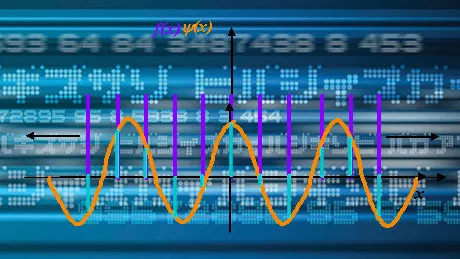
Computational Methods for Data Analysis

One Health: Pandemic preparedness prevention and response

Python for Informatics: Exploring Information

Social Network Analysis

Introduction to Systematic Review and Meta-Analysis

The Analytics Edge

DCO042 - Python For Informatics

Causal Diagrams: Draw Your Assumptions Before Your Conclusions

Whole genome sequencing of bacterial genomes - tools and applications
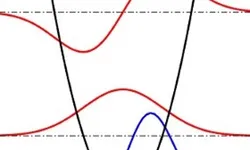
Foundations of Quantum Mechanics
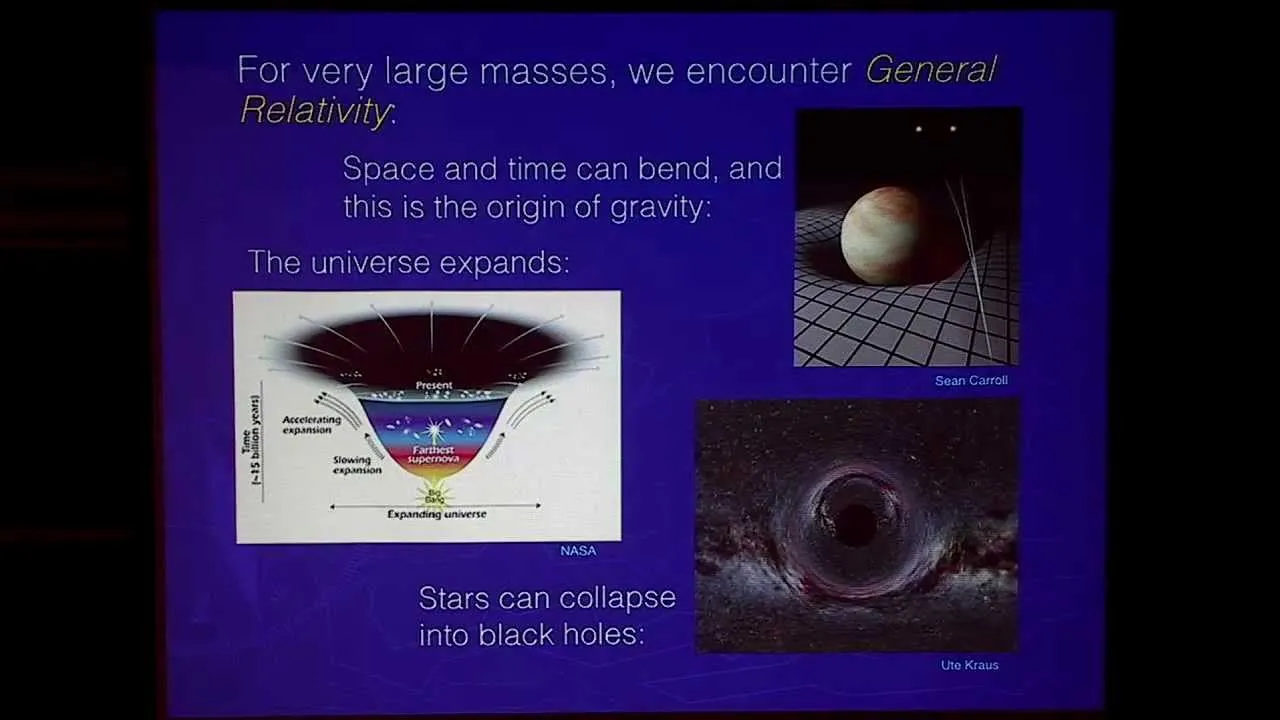
Gravity and Quantum Mechanics - The Quest for Unification
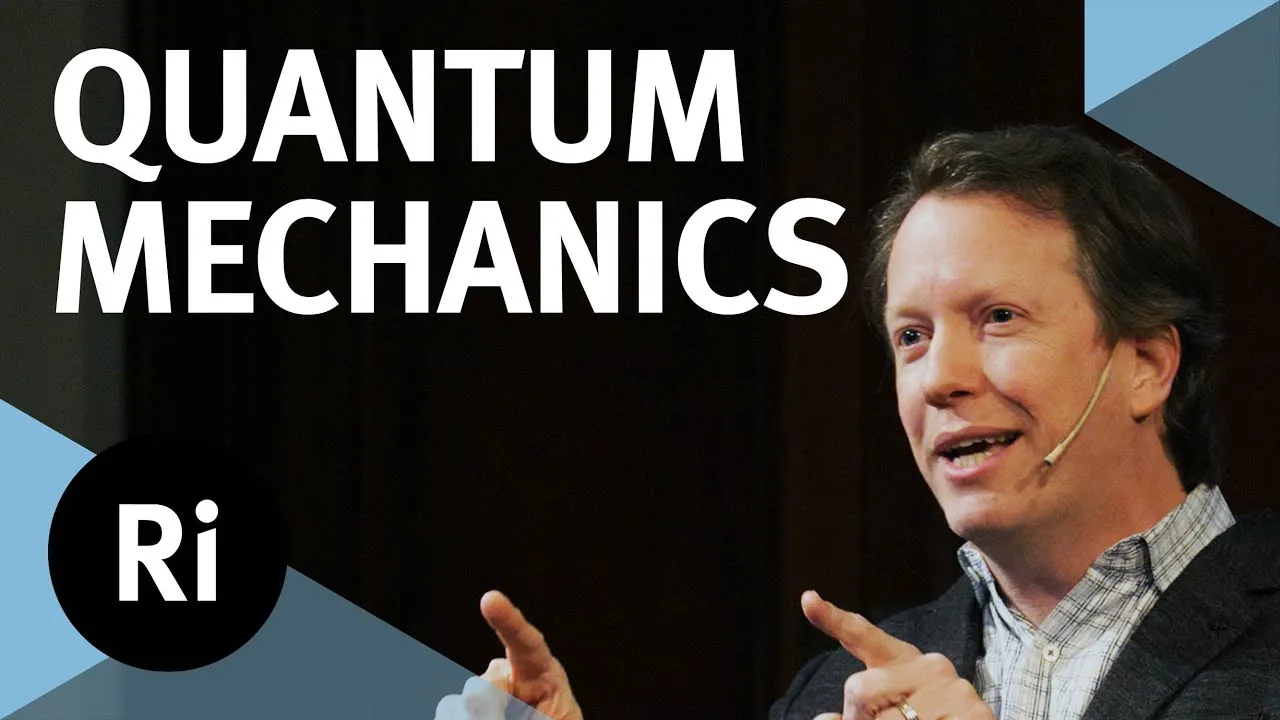

Start your review of Quantum Mechanics: A First Course